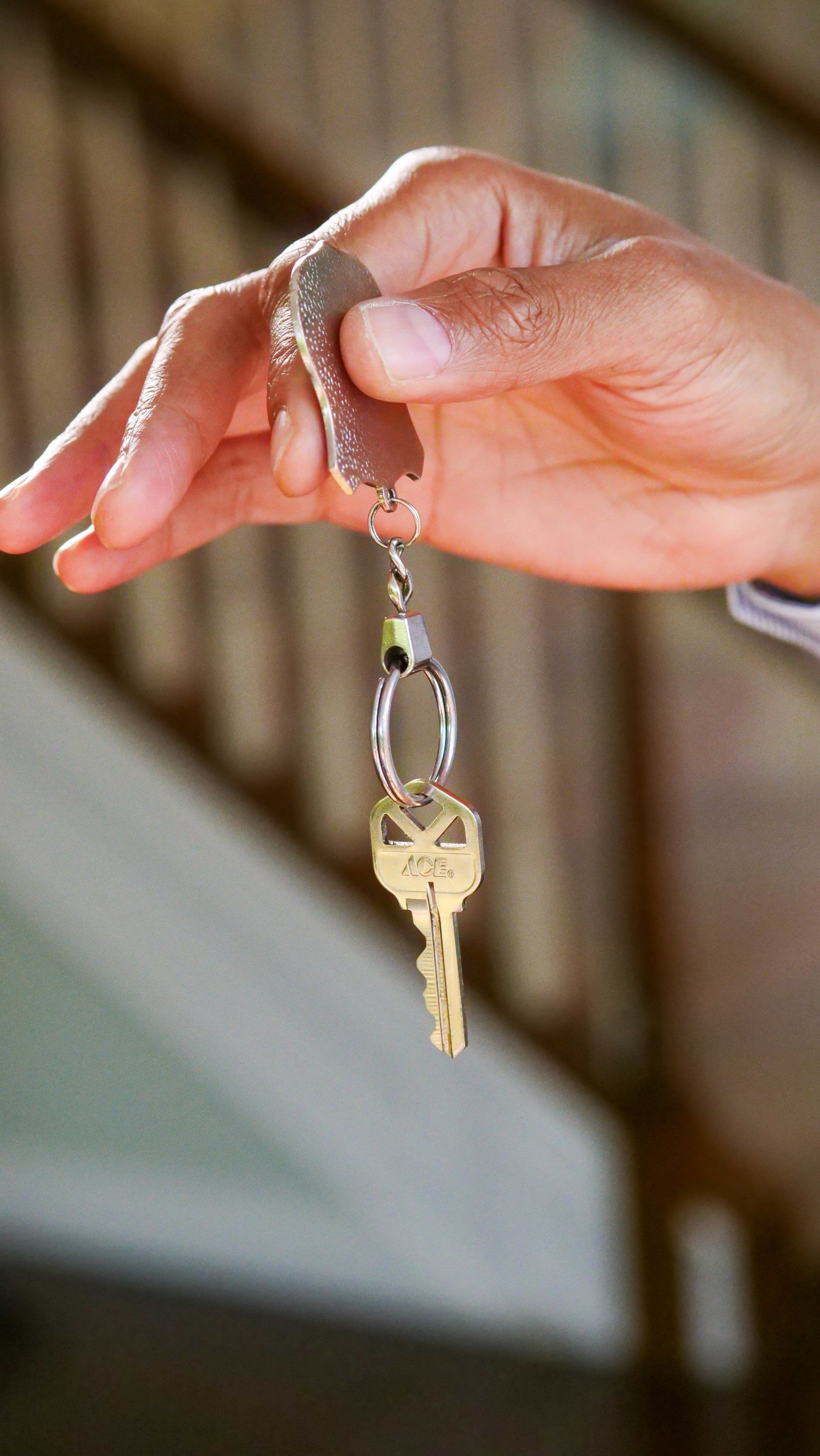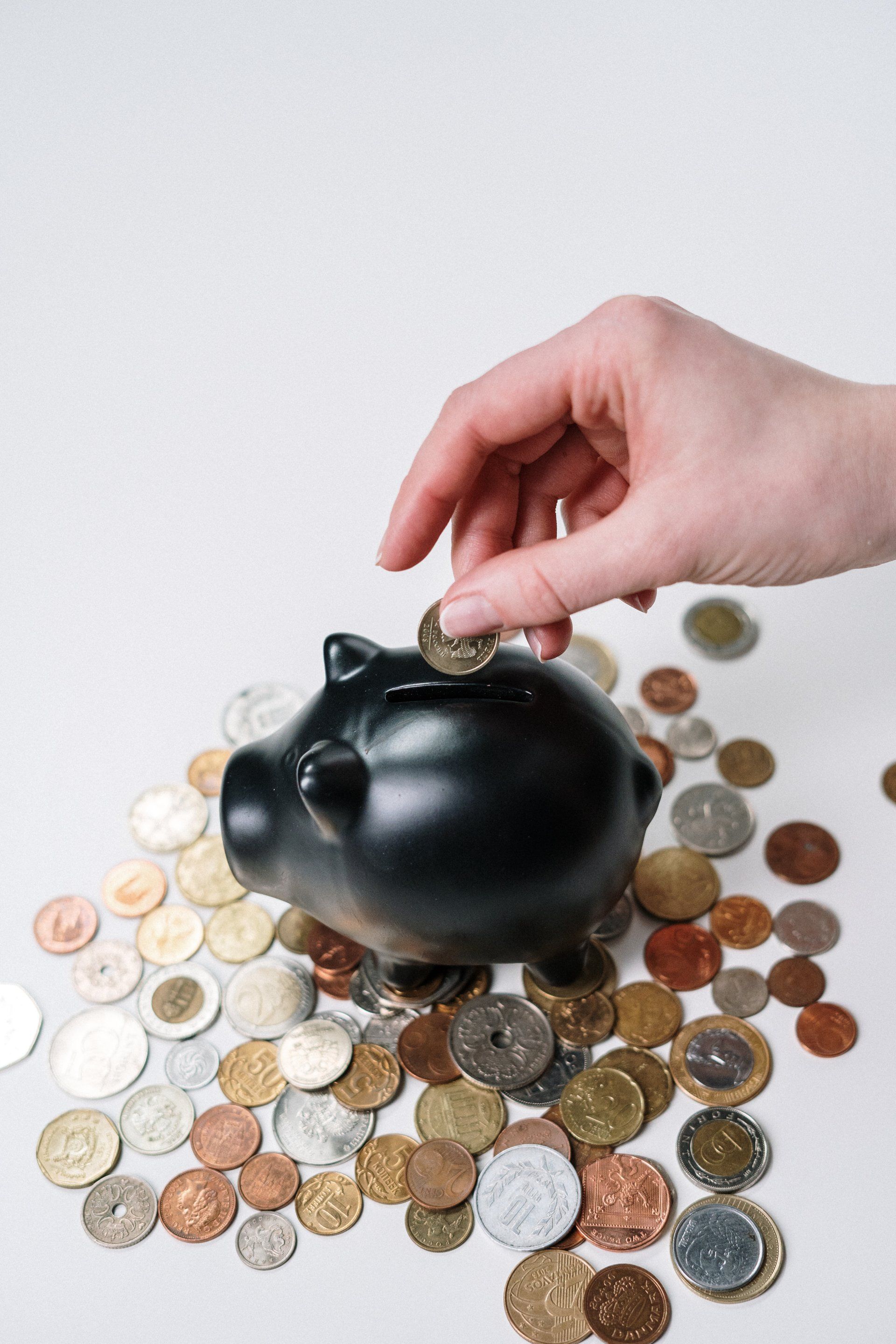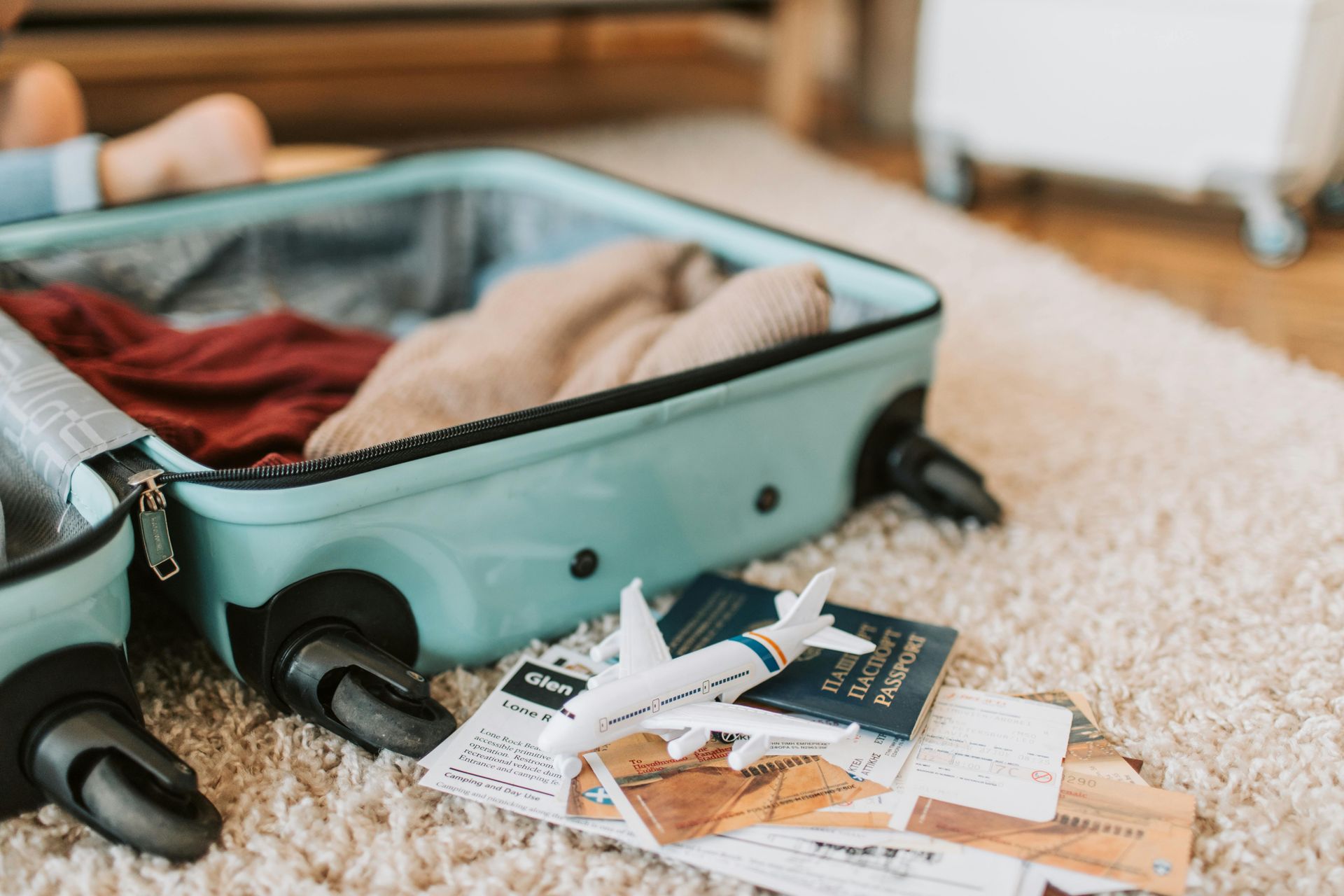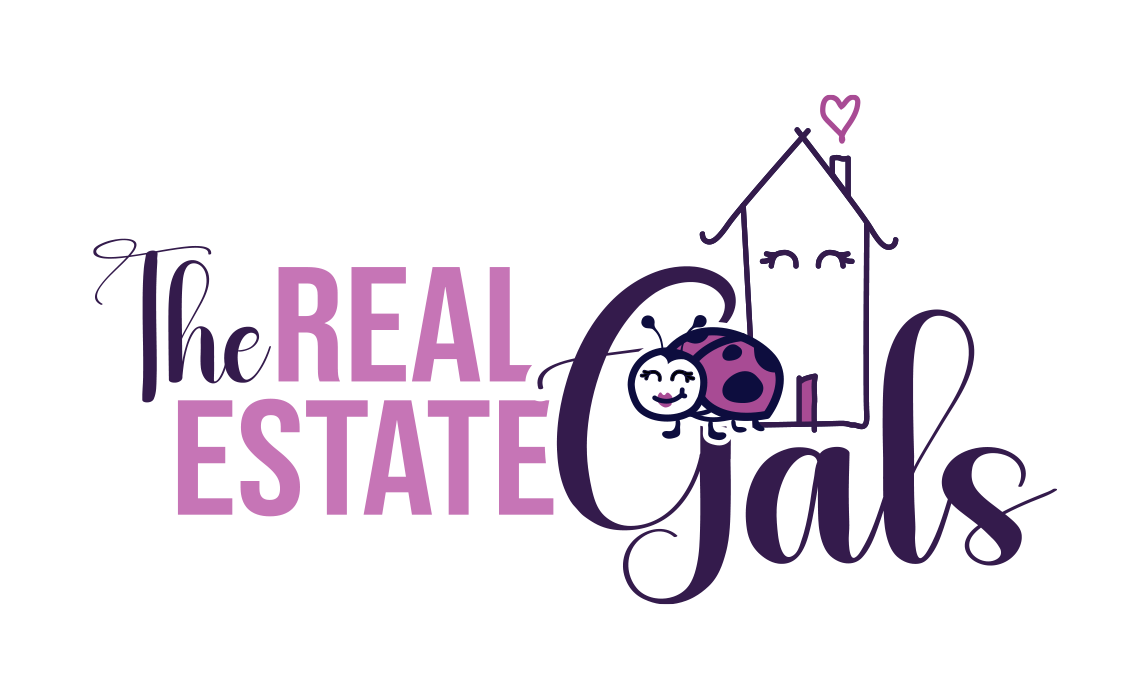When going through a divorce, damage often happens to the financial part of that joint union – minimum credit card payments get missed, bank accounts are locked, mortgage payments get deferred, car loans go into arrears, etc. The damage can seem irreparable, and I soon learned the errors of my ways.
Seventeen years of marriage had put me in a precarious position – almost everything we owned was in my spouse's name. When most couples get married, they start to merge their lives. She often takes his last name, they open joint banking accounts, they share joint credit cards, utilities are in his name, etc.
So, what do you do when you are the spouse left without a credit score or a significantly damaged one? I had a few thousand dollars in my pocket after the sale of the matrimonial home, but I didn’t have a good credit score and I was only into my career less than a year. No bank or credit card company would touch me.
It took a while to figure things out, but with a plan and a little discipline, I was able to turn things around. Here is how I did it.
- Start with Credit: I had a good down payment for a home, but no credit score so I took out a secured credit card. These cards require cash upfront and usually come with slightly higher fees, higher interest rates and smaller limits.
- Spend Strategically: I never spent more than 50% of the credit available to me on my credit card. This demonstrated to my card issuer, and in turn the credit bureaus, that I could responsibly manage credit.
- The Discipline of Credit: I paid off my credit card every single Friday. I have never paid interest on a credit card as I’d rather have the money in my pocket, which eventually builds over time. I had a simple rule - if I couldn’t pay it off every Friday, I couldn’t afford to buy the items I wanted.
This is the slower way to build credit as credit card carriers WANT you to have a balance on your card so that they get paid interest (19% or more on most cards!). Having a balance and paying more than the minimum payment will help build credit a bit quicker albeit at the cost of paying interest charges. - Buy to Invest: After a few months, I found a lender who would let me buy real estate. I bought my first property, a small condo, for $105,000. It was expensive, but I took a 7-year mortgage term with a 7% interest rate and 7% cash back. I lived there for one month, then found a tenant to rent it from me. I was able to write off the higher interest rate at tax time, and I took the 7% cash back and invested it into RRSPs.
- Buy with Mortgage Insurance: I then bought my second home a month later – my primary residence – with the balance of my money left from the sale of the matrimonial home. I had a high-ratio mortgage (less than 20% down payment) and had to buy CMHC Mortgage Insurance. Many buyers will try to avoid paying this fee at all costs; however, it was the very TOOL that I needed to get back into the housing market. It was a small price to pay. I’ve had no regrets and was able to purchase my next home without it.
- Show Respect to Money: I know lots of people who don’t appreciate small change. Weighted in their pocket or wallet, they would simply donate it, give it to their children to buy candy or even toss it out of the window of their car. Money comes to you if you show it respect. If I found a dime in a parking lot, I would pick it up and thank it for finding me, then put it to work. I saw every penny as valuable, and I still do this very simple act.
- Look at Your Money Every Day: Every morning, with a coffee in my hand, I logged into my bank accounts, credit card accounts, and savings accounts. I watched my money grow, I ensured that my credit cards didn’t have unusual charges, and I watched my mortgage go down. I confirmed that everything is where it should be. What you focus on expands, and doing this simple act allowed me to watch my money expand.
- Save for the Future: It started with $25/week, putting money towards my RRSPs and TFSAs. It seemed so insignificant, but on top of the initial $7,000, that little bit of weekly money started to grow into more and more. “Pay yourself first” – a lesson that I learned when I read the book, “The Automatic Millionaire” by David Bach. That book changed my life and my mindset about money.
- Rainy Day Funds: As a single mom, every penny counts. Yet, I was now in a position of relying on income that was at the mercy of the highs and lows of the real estate market. So, I lived like the market was always down. I set up a budget, chopped unnecessary expenses, and set my taxes aside in a high-interest savings account. I started setting money aside for the inevitable rainy day and eventually saved six months' worth of wages in the bank. I still live like that to this day.
- Pull your Credit Bureau Annually: One thing that is within your control is to make sure that nobody is using your identity and credit score to their advantage. If old charges show up, you can dig into things further to have them rectified on your bureau. For example, old car loans that were paid off but the paperwork was never submitted to the bureau to reflect that.
- Live Within Your Means: This one is a hard pill to swallow. If you are used to living in a big house with a fancy car, restaurant dinners several times a week, sunny vacations in March, designer clothes, etc., you’ll possibly find this one a bit tougher to do. I drove my car for nine years because it was paid for, I shopped at Value Village for my wardrobe, I went to dozens of yard sales to buy furniture and dishes – I did whatever it took to keep my money in my pocket.
Eventually, my life turned around, as will yours. Soon you’ll be back on your feet as you start your new journey. I found being grateful for every step in the process made it an adventure that I wouldn’t have missed for the world.
The information provided on this website does not, and is not intended to, constitute legal advice; instead, all information, content, and materials available on this site are for general informational purposes only. Views expressed are my own. Please consult a lawyer for advice on legal matters.






